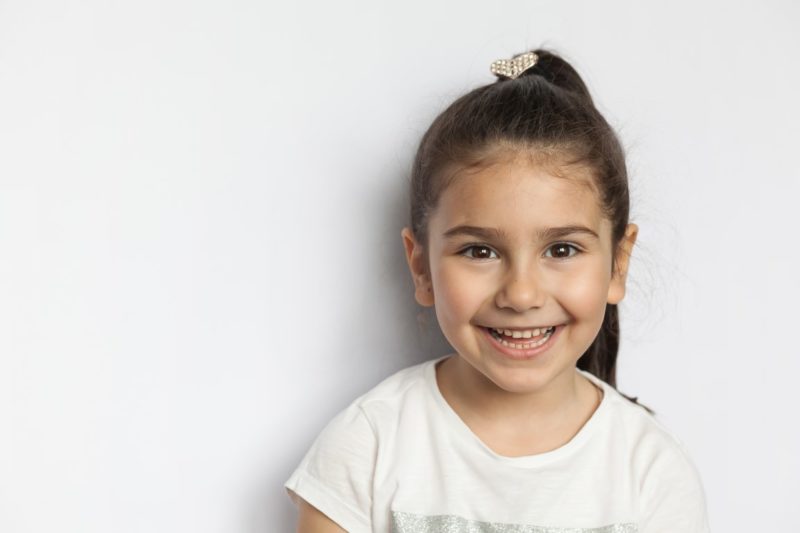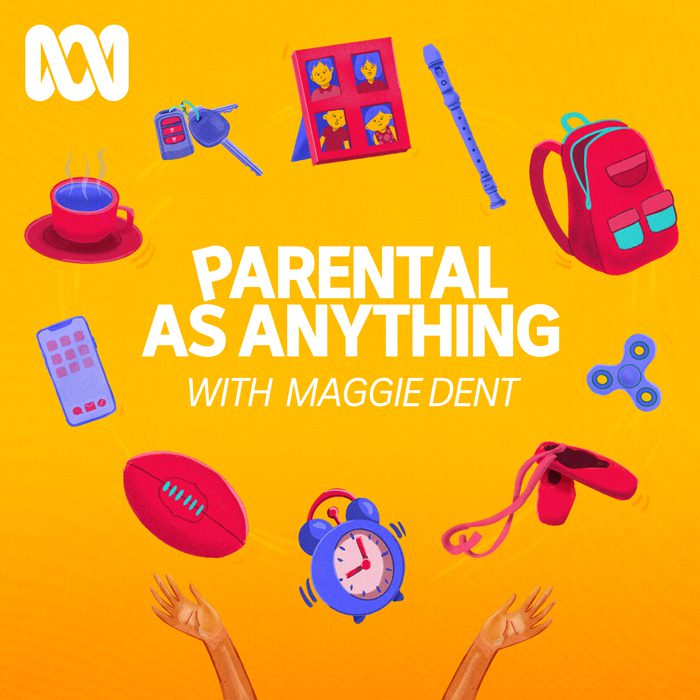Anger, Self-regulation & Tantrums, Parenting Ideas Magazine
Helping kids’ develop self-regulation

Even with our fully developed brains, we adults still struggle with managing our moods, energy and attention. You only have to take a drive to see impatience, irritability and rage playing out on our roads — and it’s not so different on the information superhighway.
Yet, as parents, we often find ourselves wondering what went wrong and getting frustrated with our children when they fail to control themselves.
Whether it’s a tantrum or a full-blown meltdown, anxiety, distraction or failure to listen, what lies at the heart of this behaviour is self-regulation.
Essentially, self-regulation means regulation of the self by the self. It is a useful skill in our larger capacity for self-determination, which is essential to us having control over our choices in life. You can read more on that broader concept here.
Dr Stuart Shanker, a Distinguished Research Professor of Philosophy and Psychology at York University, is an expert in self-regulation who has visited Australia a number of times.
His research has shown that it’s self-regulation, rather than just self-control, which influences not just how children learn, but how they behave and how they see themselves.
What is self-regulation?
“Self-regulation is the ability to manage your own energy states, emotions, behaviours and attention, in ways that are socially acceptable and help achieve positive goals, such as maintaining good relationships, learning and maintaining wellbeing,” according to Dr Shanker.
Dr Shanker’s key message is that children’s capacity to self-regulate largely determines how well they will perform at school, much more than whether they can count, or be good at picture recognition or colouring-in within the lines.
The theory is that kids vary how much ‘gas’ or energy they have and can use in coping with life. Dr Shanker believes kids who burn less energy, have more energy to manage delayed gratification and to cope.
Essentially, there are five domains that contribute to a child’s ability to self-regulate. There can be overlaps and interactions that happen spontaneously, in different ways throughout the day. They are:
- Biological
- Emotion
- Cognitive
- Social
- Prosocial.
There are six stages of energy that lie between inhibition and activation, and kids need to be at level four — relaxed alertness — to be able to do well in school as well as in the playground.
Inhibition
- Asleep
- Drowsy
- Hypoalert
- Calm, focused and alert
- Hyperalert
- Flooded
Activation
Why do some kids burn more energy?
Some children’s temperaments can contribute to whether they use too much energy — like using petrol in a car — and so can their environments.
Dr Shanker believes high-energy foods, especially habitual use of them, cause problems with kids’ mechanisms to self-regulate, particularly high-sugar foods and drinks.
This means the child will be “too aroused” to manage their impulses and regulate their emotions — they will have energy to burn.
This manifests in tantrums, meltdowns, clinginess, fighting and an inability to play well.
We must help children to develop their capacity to self-regulate as this greatly increases their ability to do well at school and in later life.
What helps build self-regulation?
- Music
- Drama
- Art
- Nature
- Sport
- Safe touch
- Deep, loving relationships
- Real play
What doesn’t help?
There are many things that will sap a child’s energy: poor attachment to their mother; over-scheduled lives; overstimulation; poor sleep patterns; too much TV/screen time; low-quality food; lack of predictable routines and boundaries; abuse; shouting; shaming; and unrealistic expectations.
If a child is sensitive to auditory stimuli, this too will wear them out — they may be operating at level three, but their biology may make it hard to get to level four.
- TV
- Video games, IPads, tablets and smart phones
- Too much pressure/stress
- Not enough human connection
- Poor quality food
- Lack of good sleep
We need to reduce the pressure and stress on our children when they are young so they can develop a healthy relationship with themselves, with others and with our world.
Stress: the modern childhood epidemic
To sum up the impact of stress on our children’s lives:
More stress = poorer self-regulation = less learning + more unhelpful behaviour?
Our modern, often chaotic world is drowning our families in stress and tension that impacts on how our precious babies meet the world in the first years of life.
For those who have older children or even adolescents who have poor self-regulation, it can be built by teaching them calming strategies and other physical ways of discharging excess energy from the body.
According to Dr Shanker, there are three main ways to help children improve self-regulation:
- Identify and reduce stressors
- Develop self-awareness about shifts in energy
- Teach and encourage self-regulation techniques especially deep breathing, using meditation, exercise and improving sleep patterns.
Regardless of a child’s temperament, there is much we as parents can do to influence their interior and exterior environments. As author and pioneering researcher Daniel Goleman says:
“Parents cannot change every gene, nor modify every neural tic — and yet what children experience day after day sculpts their neural circuitry.”
READ
Dr Stuart Shanker and Teresa Barker’s 2017 book Self-Reg and his online courses and a host of other self-regulation resources at self-reg.ca
LISTEN
The ABC’s Parental As Anything podcast episode on self-regulation, featuring Maggie interviewing Dr Stuart Shanker. Listen Here.
This article was originally published in Parenting Ideas magazine.
Image credit: ©️ kaganskaya115 /Adobe Stock – stock.adobe.com




